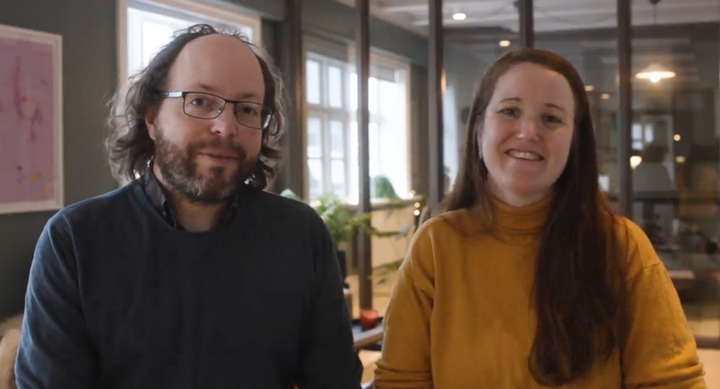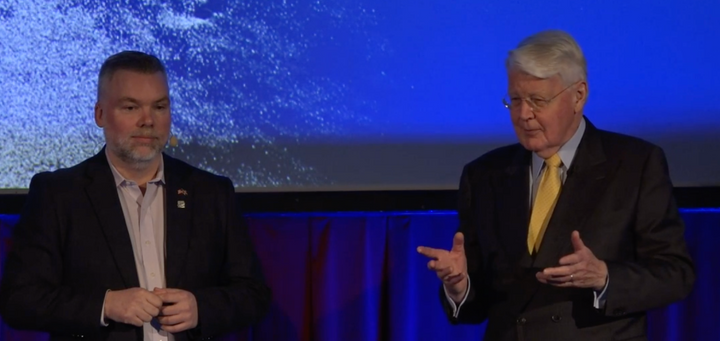“Great businesses, but not optimal VC cases”
One of the speakers at Startup Reykjavik’s Investor day was Linus Dagh, associate at the London based VC firm Wellington Partners. He used his note to explain why he and his colleagues are bullish on Nordic startup firms and ended the talk by posing the question of which Nordic country the venture fund will enter next. They’ve already invested in Sweden and Finland. Norðurskautið met up with Linus after his talk and followed up on some of the points he made and got comments on what he’d seen.
According to Linus, many of the companies pitching were not optimal VC cases. “Great businesses, but not optimal in terms of how big they can become. I did a blogpost about what we look at from a venture point of view. We have to look at companies that can return a minimum of 10x, and that have the possibility of becoming a 30x investment.”
In Linus’ opinion, a few of the companies could have this 30x potential but woul be quite expensive to scale to that level. “Datadrive, that could be big, but it’s quite competetive in some segments of that market, but it can be big, for sure. I think they should choose one path. Either target the insurance companies, or try the marketplace route, but that will be tougher because then they’re going directly to consumers which is expensive.”

He thinks Our Delphi has potential as well. “The problem is that they’re competing with pure big data AI companies. Like Recorded Future, They’ve already got CIA’s venture arm invested in Recorded Future, and Google Ventures as well. What they do is they take tons of data and analyze that and they can predict on that instead. There are a few others like that.”
However, Linus thinks Our Delphi should separate themselves by having a different angle. “They should be the opinions part. Because that’s still super relevant to a lot of people. But then obviously they’ll have the same challenges as Quora’s had. Quora’s definitely dropped down so much in users and they don’t know what to do about monetization.”
Another company he found interesting is Study Cake. “They could be big. It’s all about proving the model, because right now they haven’t proven it. I personally think they’ll have to turn their revenue model around because there’s a lot of people that try that and it’s tough. Pricing will be different than they think, I think, but there’ll be a massive longtail of the ones that don’t do anything on it [the platform] and then the few that’ll pay for it.”




